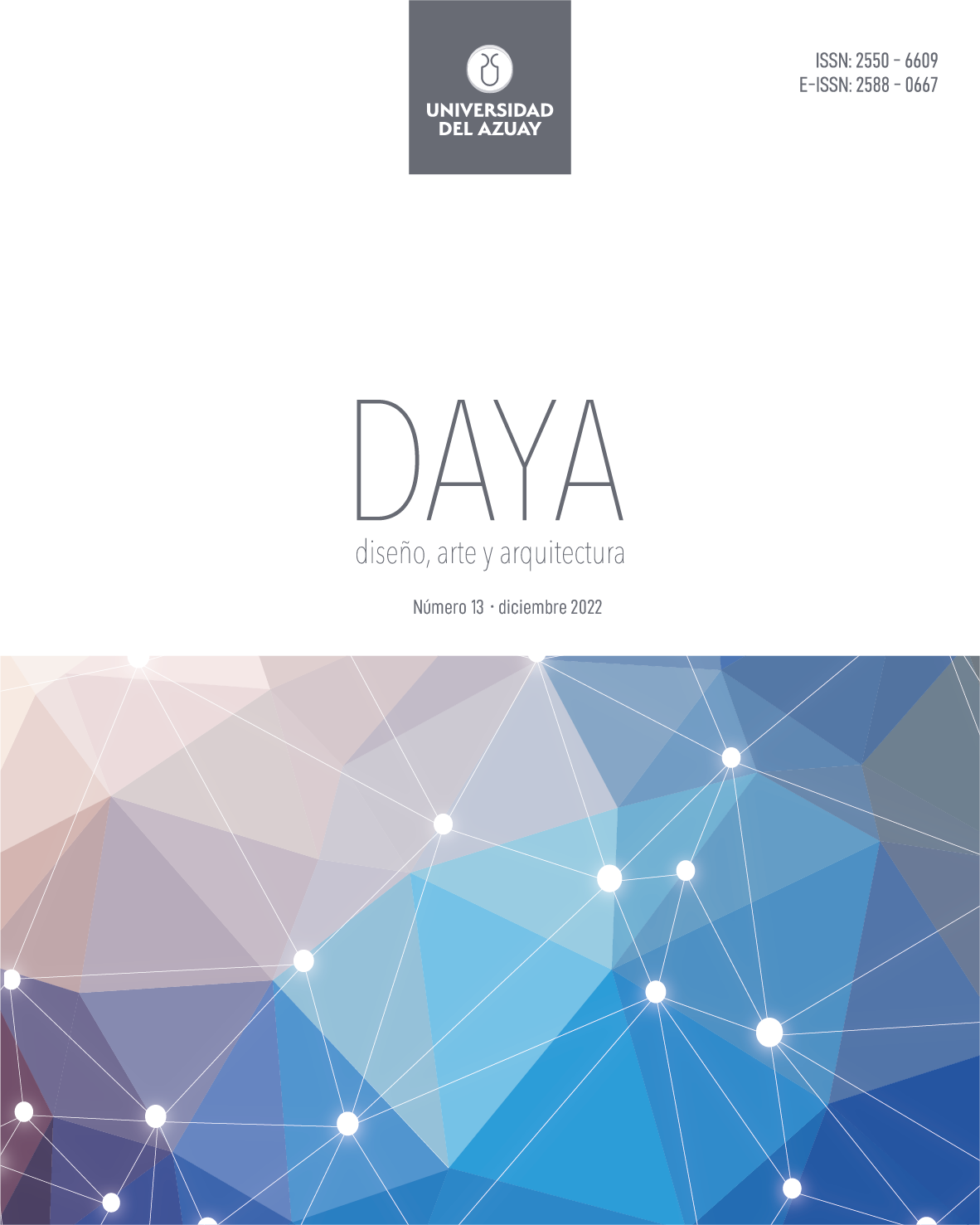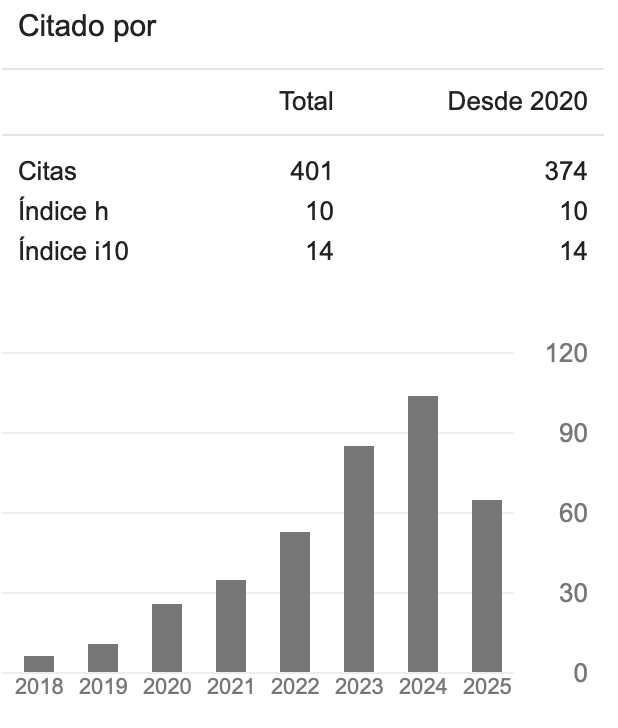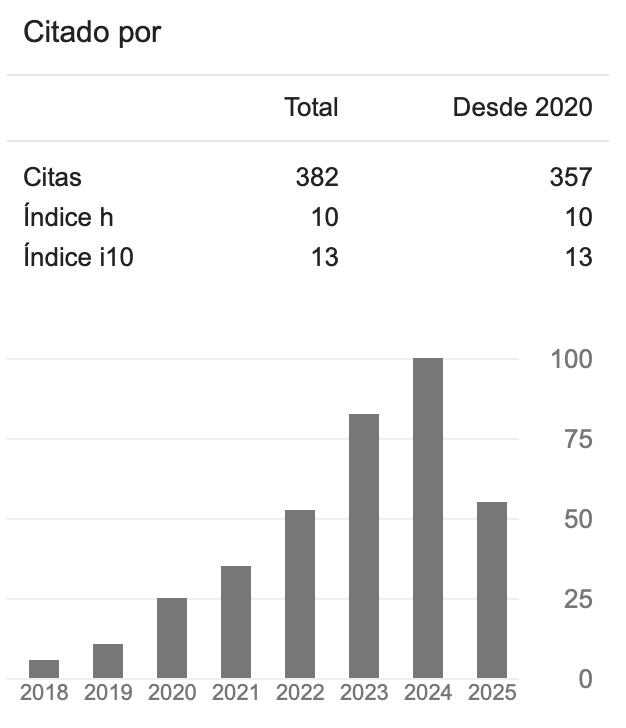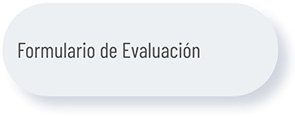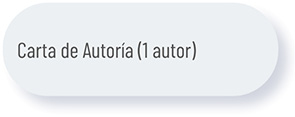PRUEBAS DE SEGUIMIENTO OCULAR PARA EL ANÁLISIS DE LA IMAGEN
DOI:
https://doi.org/10.33324/daya.vi13.557Keywords:
Percepción visual, seguimiento ocular, imagen, color, salienciaAbstract
El objetivo de este escrito consiste en presentar tres casos de investigaciones de percepción visual de la imagen, realizadas en la Universidad Autónoma de San Luis Potosí, mediante el uso del Eye Tracking. Se abordó el análisis del proceso de percepción visual del color en una imagen, cuya finalidad fue registrar y medir la forma en la que el ojo reacciona ante un estímulo de color; el análisis de la Saliencia de una imagen, con el propósito de determinar las zonas que sobresalen en la composición, mediante la obtención de un patrón de exploración y el trabajo perceptual realizado; y finalmente, el análisis de la simplicidad y complejidad de la imagen. En el estudio del comportamiento del ojo frente a un estímulo visual organizado, se monitoreó el proceso perceptivo de la imagen mediante el número de fijaciones realizadas, las rutas de exploración y la duración de la mirada fija en un área de interés. Las investigaciones se enfocan principalmente en la recopilación y el análisis de los datos cuantitativos (fijaciones -fx-, tiempo de duración -ms-) y las gráficas (mapas de calor, trazado de rutas) obtenidas en las pruebas de seguimiento ocular que arroja el Eye Tracking. Se describen los planteamientos de los experimentos y su estructuración (método) y los resultados a los que se llegó en cada caso, para ejemplificar cómo se percibe una imagen, atendiendo, según sea el caso, a su grado de complejidad, al uso del color y a sus áreas de Saliencia.
Palabras clave: Percepción visual, seguimiento ocular, imagen, color, saliencia.
Abstract
The objective of this paper was to present three cases of investigations of visual perception of the image, carried out at the Autonomous University of San Luis Potosi, through the use of Eye Tracking. The analysis of the process of visual perception of color in an image was addressed, whose purpose was to record and measure how the eye reacts to a color stimulus. The analysis of the Saliency of an image to determine the areas that stand out in the composition by obtaining an exploration pattern and the perceptual work carried out; and finally, the analysis of the simplicity and complexity of the image. In the study of the behavior of the eye in the face of an organized visual stimulus, the perceptual process of the image was monitored through the number of fixations made, the paths of exploration, and the duration of the gaze fixed on an area of interest. The investigations focus mainly
on the collection an analysis of quantitative data (fixations -fx-, duration time -ms-) and graphs (heatmaps, scanpaths) obtained in the eye tracking tests that Eye Tracking throws. The approaches of the experiments and their structuring (method) and the results reached in each case are described, to exemplify how an image is perceived, attending, as the case may be, to its degree of complexity, the use of color, and their areas of Saliency.
Keywords: Visual perception, eye tracking, image, color, saliency.
Downloads
Published
How to Cite
Issue
Section
License

This work is licensed under a Creative Commons Attribution-NonCommercial-ShareAlike 4.0 International License.

